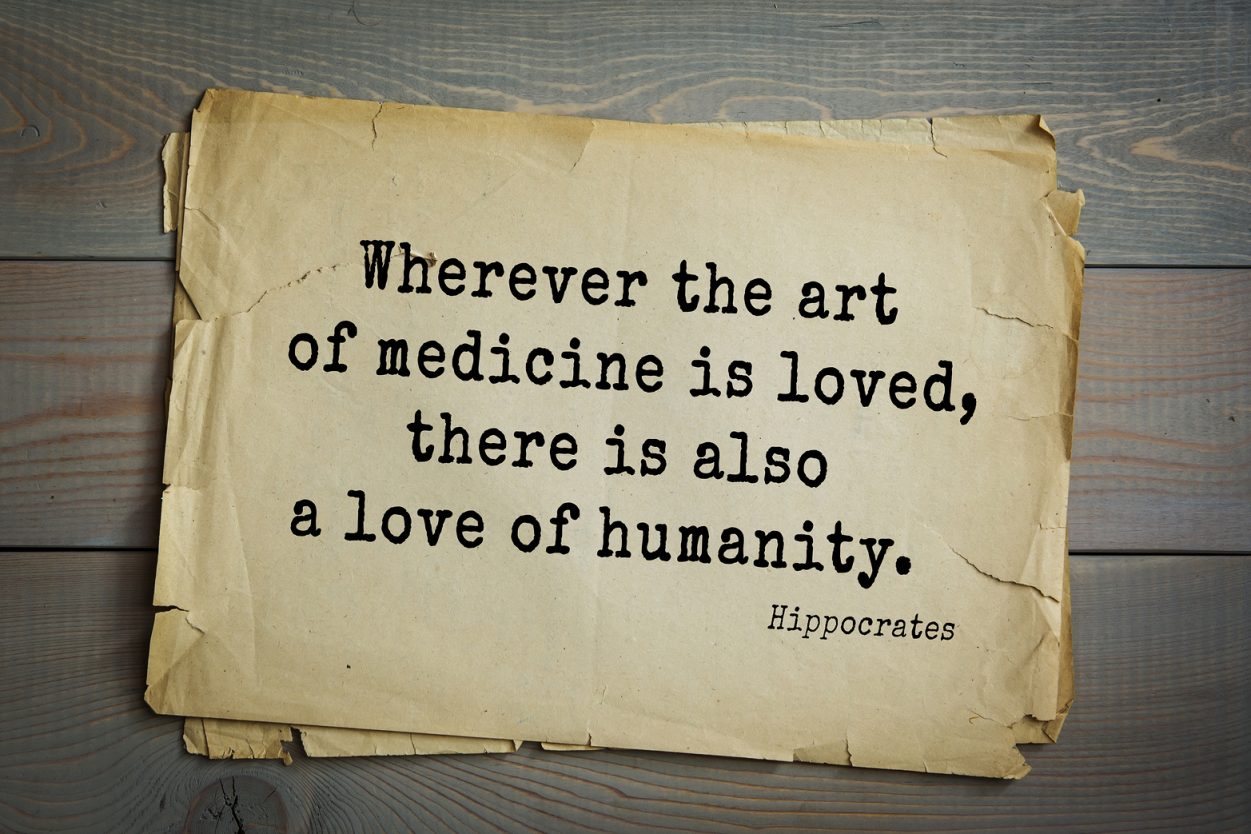Not long ago, I overheard a frustrated hospital leader ranting about the poor performance of a physician. It was not that the doctor was screwing up surgeries, ordering the wrong drugs or missing obvious diagnoses. Actually, the physician was rather adept at healing his fellow man.
The doctor’s failures concerned length of stay (far too long), sloppy medical records (incomplete, loaded with cut-and-paste) and a temper, which while not directly abusive of staff, made the work environment tense, perhaps even hostile. After months of trying to coral the doc into the straight-and-narrow, the administrator was maxed out. “For god’s sake,” he said, “Can’t we just throw him off the staff?”
Now, I get the point. With all the complexities of running a modern healthcare organization, it is frustrating and wasteful when the best educated, best paid and most committed individuals, cannot carry out the most menial tasks. Hand-holding physicians and correcting paperwork 101 is annoying, and can be expensive. Isn’t time that docs step-it-up, put on their big-boy-pants and do their part? To get good, let alone great, we better get tough.
I mused on this and came to a revelation. One may sympathize with that administrator wanting the best and blaming recalcitrant docs for low-hanging-fruit failures. None-the-less, if we are going to build world-class systems, then the question is wrong. Instead of asking how soon we can throw the flawed doc out the door, we should ask, “What can we do so that we never have to throw another doctor off our staff or take a physician out back for a talking-to? How can we protect, encourage and support our doctors, so that they are not drowning in a torrent of e-paper, regulation and consumptive confusion?” The doctor is the product and we should be lending support, not increasing her misery.
There are days when I would like to blame doctors for all the ills of healthcare. Physicians have always had final control, deciding on the patterns and specifics of care, directing and implementing innovation, and whispering into the patient’s ear. It is doctors who over-order, duplicate, overspend and run sloppy organizations without metrics or any obvious collaborative structure. They could have maintained professional, fiduciary control of medicine for the past 50 years, and left nothing for CMS or the insurance industry to pre-certify, no gaps in quality or efficiency, no corrosive cost overruns and no sloppy vulnerabilities upon which politicians and malpractice sharks feed. However, doctors failed. We did not maintain control, so it is being done to us.
The truth is that we cannot really blame the doctors. Frankly, they did not know better. Med schools selected students who cared about science and human service, not bookkeeping or the bottom line. Then students, interns, and residents were promised that if they worked hard … really hard …. That all good things would follow. Not a word about how to lead, structure or manage the system.
Med schools teach that a doc’s only responsibility is that one patient in front of you. That must be your entire focus. You are the ultimate decision maker and completely responsible for each patient’s treatment. Give great care, one soul at a time, and everything good will follow. Fail and everything will descend upon your head. Ignore the rest. Ignore the realities of the real world.
Med schools taught medical ethics, not business ethics. They taught how to balance blood pressure, not budgets. They taught how to talk to patients about life and death, but not how to talk or guide an employee or co-worker. It was never explained or even suggested that other professions have real value, and what that value might be or how to use it. Lawyers are bad. Insurance companies all greed. Hospital administrators wanna-be B+ healers. And the most the most corrosive lesson? There is no “I” in team… you are alone. God and Hippocrates have willed it.
So the doc “strays” because he does not understand his role in a modern, integrated, automated, politically correct, monitored, complex medical system. He or she was raised to believe that the system is strange and perhaps anti-patient … evil. How can we assign blame when doctors were chosen and channeled for the role of lone hero and then, we attack, isolate, insult and underappreciate their decades of just trying to do the right thing?
Healthcare, and therefore the daily practice of medicine, are going through a cyclone of change. No one feels this more than the physician who still needs to touch, understand and treat one patient at a time, even while they flap, grasp and flounder in the systemic storm. While we might want to blame each doc for being a stubborn, archaic relic, the truth is each is motivated, caring, intelligent and deeply passionate about not only the patient in front of them, but the entire community around.
Physicians have not failed us. We have failed them. The possibility, the opportunity, the need, is that we must work together to teach and learn the requirements of integrated, global, team-based healthcare and the value each of us can bring. We must build systems that support, not subjugate. We must not only direct, but listen. We must treasure the value and sacrifice of each clinician, each healer. If we do not, then we will burnout passionate and skilled doctors, and it is patients who will pay the ultimate price.







4 Comments